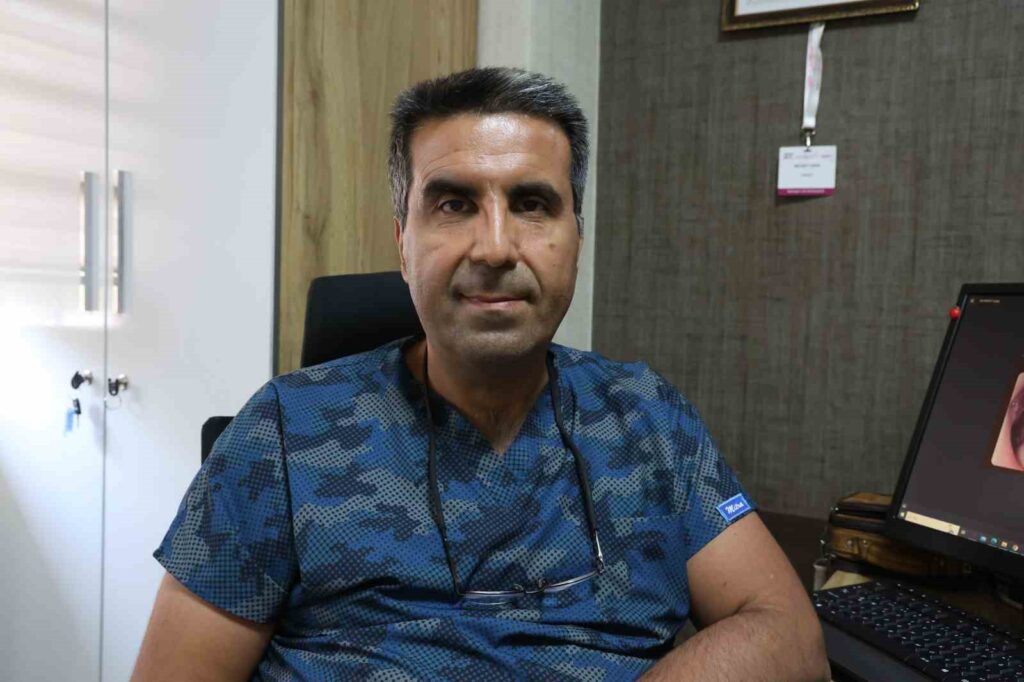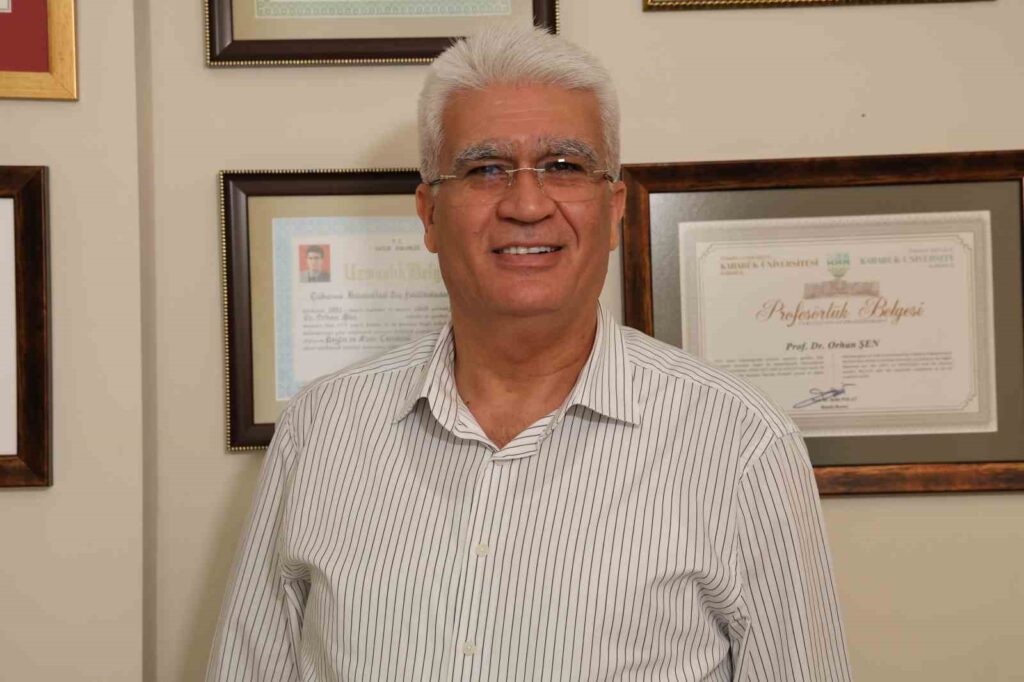Exam stress increases junk food consumption in young people
Nutritionist Hande Selin Ok stated that as the countdown begins for the university exam, which will be held on Saturday, June 8, the exam stress among young people is increasing. She mentioned that this stress could lead to eating disorders, which in turn could adversely affect health.

As the countdown begins for the university exam to be held on Saturday, June 8, Nutrition Specialist Hande Selin Ok stated that the exam stress in young people is increasing, which could lead to eating disorders. Emphasizing that this could also bring health problems, Ok said, ‘By implementing a correct, sufficient, and balanced nutrition program during this period, it is possible to prevent health problems and increase success with proper food choices.’ Ok also provided nutrition recommendations to improve performance for preparation and exam day.
With more than 3 million applicants this year, the university exam, which many candidates see as a matter of life and death, will be held on June 8-9. As the exam date approaches, increasing stress among candidates, Nutrition and Diet Specialist Hande Selin Ok from Acıbadem Kent Hospital drew attention to stress-related eating disorders. Ok pointed out that many candidates consume junk food to cope with stress, disrupt their sleep routine, and turn to sugary foods to suppress their anxiety during such an important exam period. She stated, ‘Sugary foods can cause sudden fluctuations in blood sugar, which can impair concentration and hinder focusing on studies. Constantly snacking on high-calorie foods at the desk can lead to unwanted weight gain. Unfortunately, many candidates experience eating disorders caused by stress during this period. Proper, balanced, and sufficient nutrition is necessary for successful performance. Regular sleep and regular exercise are also essential in coping with stress.’
‘Begin the day with a hearty breakfast,’ said Dietitian Ok, listing her nutrition recommendations as follows:
– ‘Do not skimp on quality carbohydrates at breakfast. Include grains or oats in your meal.
– Do not skip mid-morning and afternoon snacks. These snacks can consist of oatmeal, fruit preserves, and homemade cookies made from oily seeds (such as walnuts, raw almonds).
– Try to eat oily fish a few times a week. Omega-3 fatty acids in oily fish strengthen memory.
– You can consume coconut or coconut oil. The fatty acid pattern of coconut oil is different from all other fats and supports brain functions positively.
– ‘Choline’ is important for a strong memory; the best sources of choline are eggs and fish.
– For zinc, you can consume meat, fish, seafood, and oily seeds.
– In case of iron deficiency, both mood and thoughts can be affected. The best sources of iron are red meat, fish, and eggs. For vegetarians, the best sources are legumes, dark green leafy vegetables, raw almonds, avocados, and apricots. Consume iron-rich foods together with a source of vitamin C (such as parsley, broccoli, raw fruits).’
‘Foods that help reduce stress’
Nutritionist Hande Selin Ok advised candidates who are experiencing increased stress due to the upcoming exam to consume foods rich in vitamin C and magnesium. Ok said, ‘For vitamin C, you can consume strawberries, kiwi, lemon, broccoli, peppers, citrus fruits; for magnesium, you can consume dark green leafy vegetables, dark chocolate, seeds, and nuts. These are foods that help reduce stress.’ Ok warned candidates before the exam: ‘Do not try a food you have never eaten before on the day before the exam. If possible, avoid eating out and prefer the meals you have eaten at home before. Prefer herbal teas instead of tea, coffee, or cola as they can cause health problems such as restlessness, palpitations, and insomnia. Stay away from foods that increase thirst. Foods with high salt content, such as pickled foods or salty snacks, will increase thirst, so they should not be consumed (processed meats, sausage, salami, sausage, salty crackers, pickles). Avoid sugary foods during the exam.’







